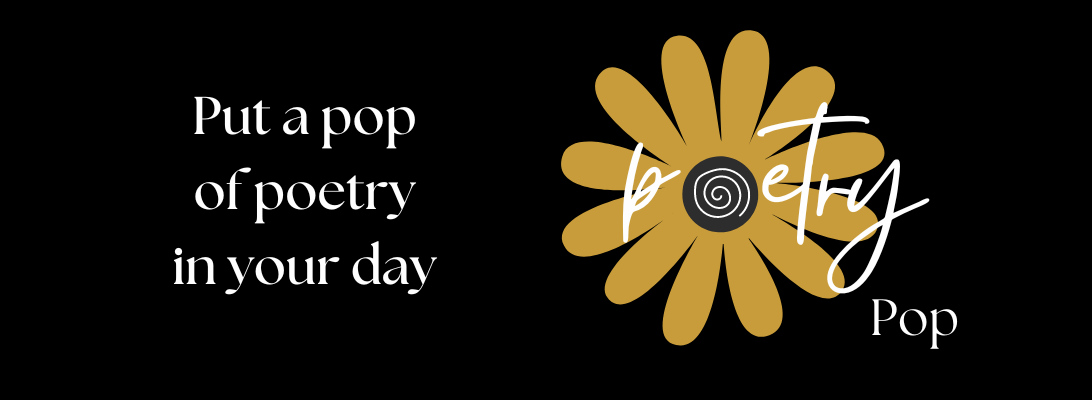My debut YA novel-in-verse, The Complete Book of Aspen, has received an amazing five-star review! The book is written in narrative verse but is also chock-full of poetic forms like shaped poems, haiku, senryu, skinny poems, list poems, found poetry, where I’m from poems, and much more!
The back of the book lists information on the included poetic forms, which makes it a great book for the classroom! I’ve pasted the full review below. You can order the book or learn more about it here:
Continue reading



